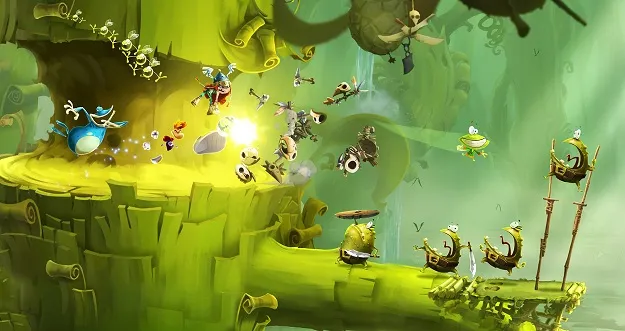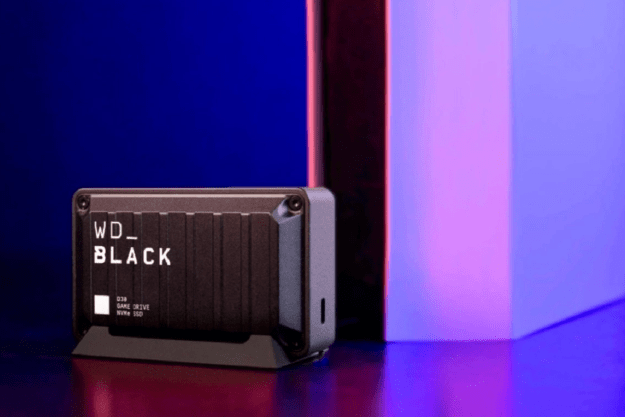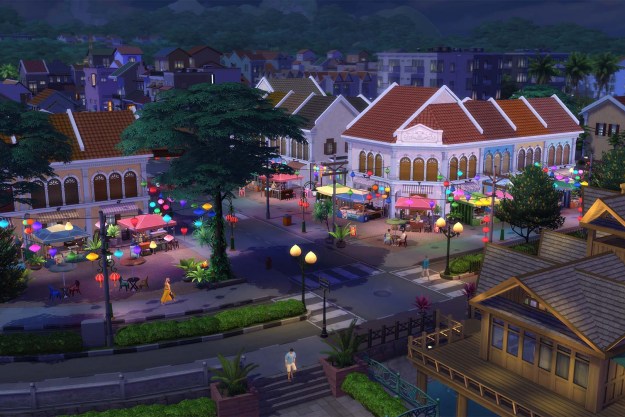
With sales standing at 3 million consoles the Wii U has an audience hungry for new games, but since the machine’s November release new games have been few and far between. The end of February was going to bring sweet relief in the form Ubisoft’s Rayman Legends, one of the more promising Wii U originals that debuted at E3 2012. Unfortunately though, Ubisoft broke the bad news yesterday that Rayman Legends would be delayed yet again, this time until Fall 2013. The announcement was specifically a blow to Nintendo players, as Ubisoft also confirmed that Rayman Legends for Wii U is all but complete. It pushed the game back so it could release alongside ports to Xbox 360 and PlayStation 3, making its platformer yet another Wii U exclusive to jump ship.
“We decided to give the fans what they wanted while at the same time broadening the audience exposed to this innovative and memorable game,” said Ubisoft marketing’s Geoffroy Sardin, “We heard from many Xbox and PlayStation owners and Rayman fans who told us they really wanted to play Rayman Legends on their current system.”
Publishers want their games on as many platforms as possible to maximize the return on their investment, so Sardin’s comments hold true. That said, Wii U game sales are dire. Market analysts peg the Wii U attach rate (the number of games sold with a console) in the United States at just 1.2 games per console. Unconfirmed reports on January game sales in the UK say just 34,000 Wii U games were sold including NintendLand packed in with the Deluxe Set.
Rayman simply isn’t a brand that can thrive under those conditions. When Rayman Origins released in 2011, it was available on Wii, PC, Xbox 360, and PlayStation 3. It still sold just 50,000 copies in its first month in the US and it failed. It never even broke into the top 35 best-sellers list in the UK.
Tecmo Koei also announced that Ninja Gaiden 3: Razor’s Edge, another Wii U exclusive, will make the jump to PlayStation 3 and Xbox 360 this spring. VGChartz’s sources indicate that the game’s sold just 200,000 copies since releasing alongside Wii U in November.
Nintendo needs games to sell the Wii U, but publishers need the Wii U to sell in order to justify making games for the platform. For now, as has historically been the case with Nintendo’s consoles, the burden is on Nintendo itself to build that audience. The only way to keep games exclusive to Wii U is for Nintendo to pay for them themselves. “We’re a development company,” said Platinum Games’ Hideki Kamiya on Twitter responding to questions about whether Bayonetta 2 and The Wonderful 101 would stay Wii U exclusive, “Nintendo gives us money, we make Bayonetta 2 and The Wonderful 101, and they sell it. So if Nintendo says, ‘We’re putting Bayonetta 2 on PlayStation 3/Xbox 360,’ it’ll come out on those platforms. So ask Nintendo about it.”
Editors' Recommendations
- Play these 3DS and Wii U games before Nintendo shutters their online features
- Before the Wii U eShop closes, pick up the best Zelda remaster ever
- Nintendo is ending Wii U and 3DS eShop service
- Nintendo Switch sales surpass 50 million, nearly quadrupling those of the Wii U
- Two more Wii U games will reportedly be ported to Nintendo Switch


